Born Free USA Calls For A Phase-Out Of Keeping & Breeding Big Cats In Captivity
Wildlife conservation and animal advocacy nonprofit, Born Free USA, has released Clawing at the Cages: Big Cats in Zoos, a new report detailing the suffering of big cats in captivity.
The report highlights the core group of wild cat species traditionally referred to as “big cats,” including lions, tigers, leopards, and jaguars, but also includes data collected from cheetahs and mountain lions to create a holistic review of these entirely unique, yet equally majestic species.
Using case studies and independent analysis of zoo databases, the report provides a comprehensive overview of the exploitation of big cats in zoos across North America.
Findings include:
-
Despite most big cat species demonstrating population statuses threatened with extinction in the wild, zoos keep and breed thousands of these animals across the United States with no intention of releasing them.
-
Although zoos claim to “protect” big cats, many animals have died from captivity-related causes, such as infection, injuries from enclosure companions, and high infant mortality.
-
There is no distinction made between true euthanasia (ending an animal’s life to prevent inevitable suffering or due to injury or illness for which prognosis is so poor that ending life is the kindest option) and killing healthy animals for zoo management purposes.
-
Zoos around the world have killed healthy big cats due to overcrowding, lack of perceived usefulness to breeding programs, human error/enclosure failure which allowed their escape, or when attacked by conspecifics in their enclosures all in the name of “zoo management.”
-
Due to inbreeding and habituation to humans, big cats kept in zoos are generally not candidates for release in the wild. Therefore, ongoing breeding programs simply serve to ensure that zoos remain “stocked” with these animals.
-
The monitoring of data on big cats in captivity is incomplete, with substantial numbers of individuals disappearing from studbooks — the databases ostensibly responsible for tracking living big cats in captive facilities.
-
The health and welfare of big cats is severely compromised in zoos, as indicated by the recognizable signs of stress in the form of stereotypic behaviors frequently demonstrated by many big cats in captivity.
“In addition to their vital ecological function as apex predators and their inherent value as individuals with rich lives, they also occupy an important symbolic place in many cultures and religions. It is perhaps because of our fascination with these animals — who are the epitome of what it means to be ‘wild’ — that they are some of the most commonly kept animals in zoos,” said Angela Grimes, CEO of Born Free USA.
“These complex, intelligent, strong, wide-ranging, and long-lived animals experience lives in captivity in which their most fundamental needs are denied to fulfill our frivolous desire to see them for a fleeting moment, before going about our days,” continued Grimes.
The report also places a critical spotlight on facilities continuing to engage in dangerous activities with big cats, both in violation of, and in compliance with the Big Cat Public Safety Act (BPSA) of 2023. Many unaccredited facilities have exhibited instances of technical compliance with the BPSA, which still creates safety issues, including the usage of a transparent, flexible barrier for photo op experiences and inadequate barriers or unsafe distances separating humans from big cat enclosures.
Keeping big cats in zoos clearly serves no positive end, except for those who want to pay to see them. Born Free USA calls upon the zoo industry to take immediate steps to safeguard future generations of big cats by phasing out their breeding and presence in zoos. They also call upon the public to stop supporting the zoo industry by not going to venues that hold these majestic animals captive.
With this report, Born Free continues its long tradition of advocating for an end to big cat captivity and honors their continued campaigning for the rescue of big cats from exploitative environments, including the pet trade, animal shows, and zoos.
Their work also pays homage to Elsa, the lioness featured in the classic wildlife film Born Free (1966), which told the true story of conservationists Joy and George Adamson, who rescued Elsa and successfully returned her to the wild. This film inspired the inception of the Born Free Foundation and continues to serve as a reminder to continue fighting to keep wildlife in the wild.


